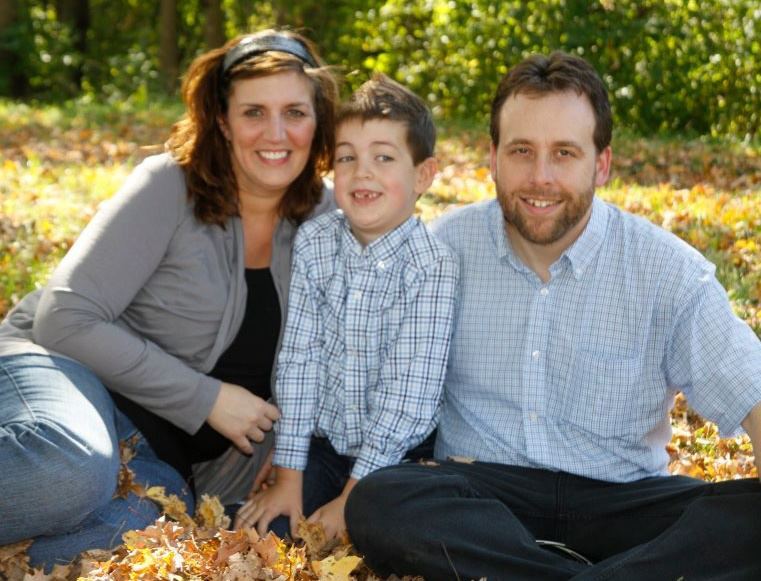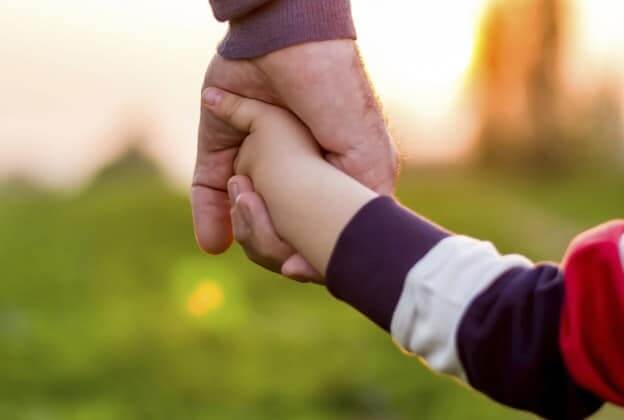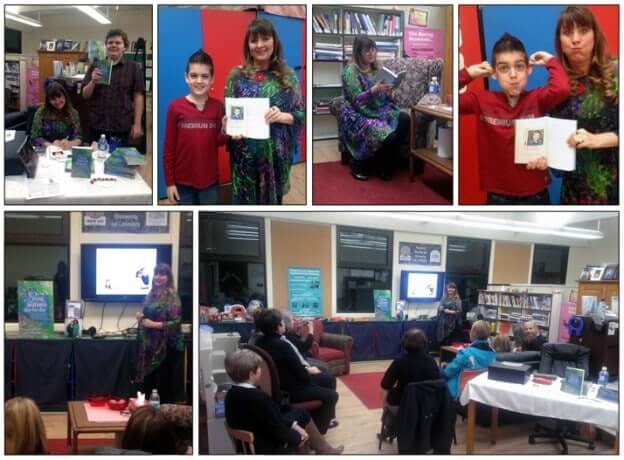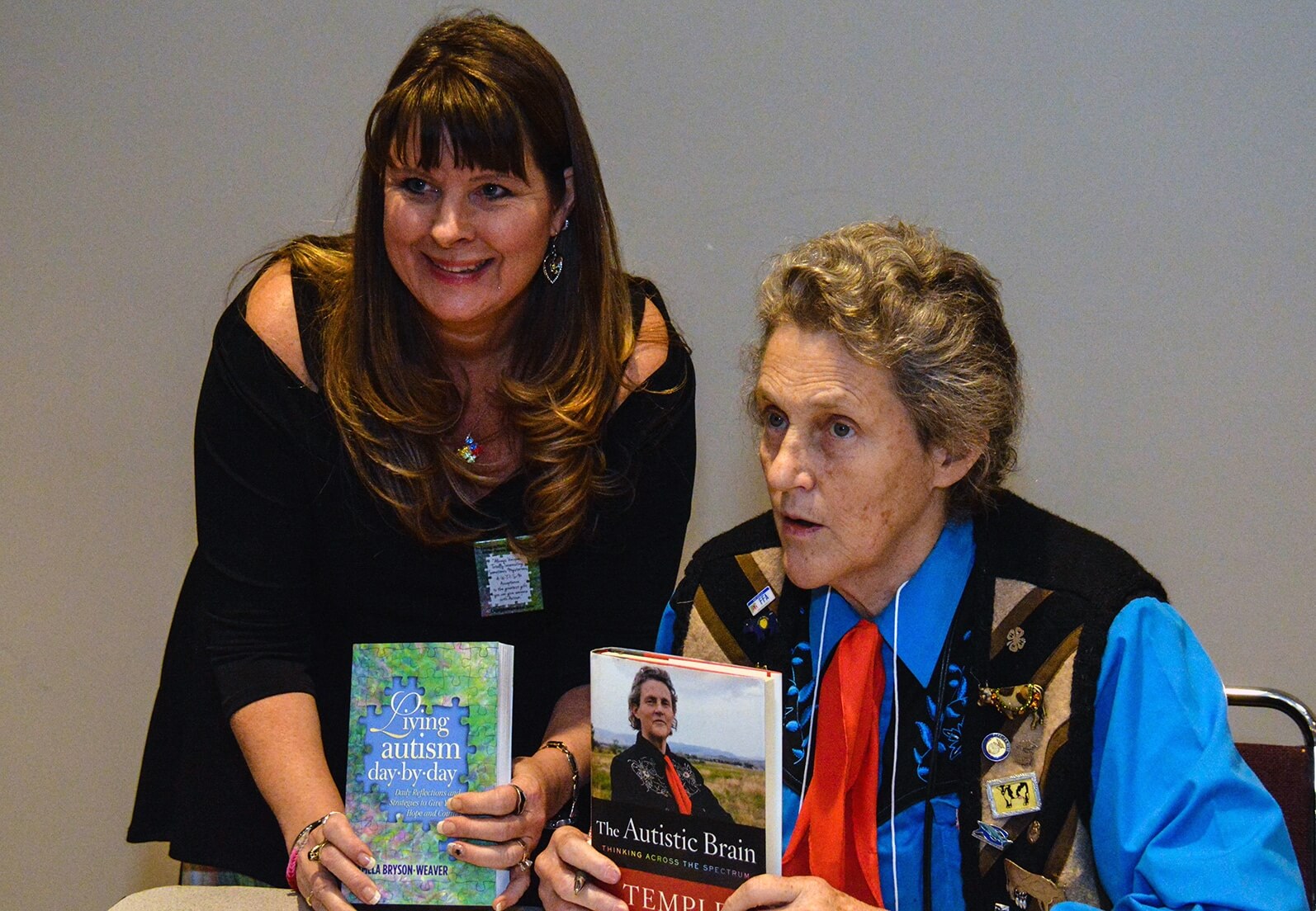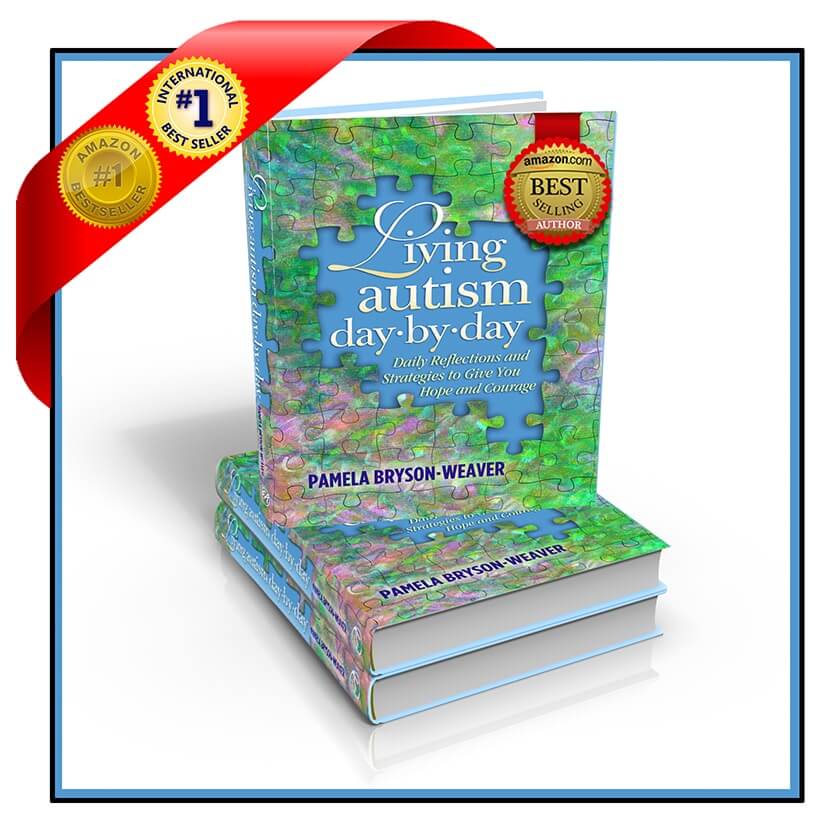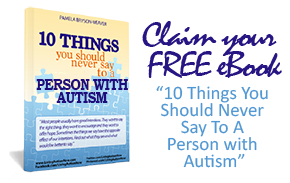Raising children is an extremely rewarding experience. That’s not to say however that every minute of every day is spent with smiles and adoration for our offspring. Generally speaking the majority of parents I imagine though, would look favourably at the experience of going the family-way.
The rosy picture of having a family is however never truly complete without realising that having children can be quite a stressful experience. Whether as a result of those earliest days of sleep deprivation and almost constant diaper changing duties, through to some of the growing pains as puberty beckons and even onwards into the adult years, stress is a pretty constant companion to the family journey. Oh and also how many kids you’re parenting.
To have a child with additional needs, whether a physical disability or intellectual / developmental disorder, has been suggested to carry it’s own unique challenges which can also impact on parental stress levels. I’m not saying that, to somehow blame or stigmatise or anything like that, but merely to reflect the quite extensive body of research which has concentrated on that point.
There is also quite a large evidence base to suggest that parents report greater levels of stress associated with raising a child with an autism spectrum disorder. Indeed it is with this area in mind that I want to focus on “Stress-reducing interventions that are needed for parents and especially parents of children with autism”.
The question is: what kinds of stress-reducing interventions are available and more importantly, which ones work?
I don’t claim to have some special insight into these questions, but a quick Google of the research literature offers a few potentially important pointers.
Social support. “Oh, I get by…With a little help from my friends” was a song by the Beatles but also it is perhaps little surprise that through the wonders of social media and the Internet, on-line social support groups for parents of children with autism are numerous and easily accessible in our digital age. With all the talk about how such resources might be ‘changing our brains’ (erm, or not), I’m minded to say that in this example, it might actually be a change for the better.
Mindfulness. I know, I know. It sounds like psycho-babble mumbo-jumbo to the nth degree when you first hear it. But actually I’m becoming quite a fan of mindfulness. The basic idea is to think about the present, stay focus on the present, and manage the thoughts and feelings that are linked to stress. The evidence base for mindfulness for relieving caregiver stress is what might be described as emerging with some potential bonuses for offspring too. It’s worth pointing out that mindfulness techniques are seemingly also finding a role in helping some people on the autism spectrum as well.
Parent training. I must point out that I am in no way trying to say that anyone is in need of “training” just in case anyone thinks I am. I am merely referring to the body of literature which ‘suggests that there may be some merit in looking into this option with stress relief in mind. There are positives effects this has on parent stress levels. Training programs designed to teach parents ways to enhance their coping skills, relationship development skills, how to increase their social support networks, will collectively make changes in their environment that are critical to reducing parental stress.
Outside interests. a hobby or some type of external interest such as physical exercising, dancing, martial arts, etc. all serve several health benefits that are more than just for a physical purpose. Fun, self-esteem building, stress releasing are just a few.
Respite. I don’t think this needs much explanation. More respite care was associated with increased uplifts and reduced stress. Indeed, part of that reduction in stress was seemingly getting a little more quality time with your significant other. It can’t be stress enough how important respite care can be to some families.
I’ve only really scratched the surface on parental stress and autism and how one might go about tackling or reducing it. If you want a perspective from a parent living with autism who is also an author on autism, look no further than from these insights. Let us also not forget other siblings of the family unit too and how stress can affect them.
What remains apparent is that (a) parenting, as well as very rewarding, can be a stressful activity, (b) parenting a child with additional needs can carry some of its own unique stresses and (c) tackling or reducing that stress has got to be a win-win situation for everyone concerned; importantly not just for the child, but also for parents.
Dear Pamela,
Many thanks for the email and kind words. Please, by all means, use the post if it helps at all. Everything on my blog is published under a creative commons license meaning that dissemination is absolutely implied!
Good luck with your new venture and book.
Regards
Paul
=======
Paul Whiteley B.Sc(Hons) M.Phil. Ph.D



